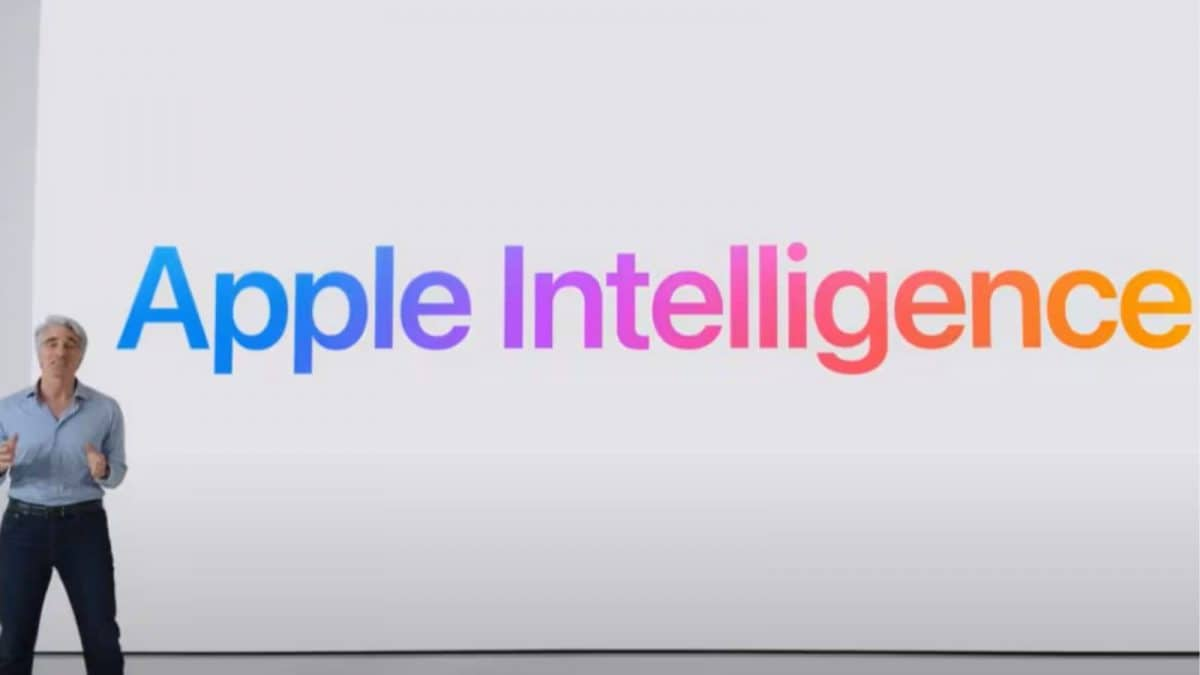A former Apple executive warns Apple is behind in AI, sparking debate over Apple Intelligence, on device AI and cloud AI. Businesses should evaluate on device versus cloud trade offs, consider Hybrid AI architecture, and prepare AI governance and AI automation strategies.

A former Apple executive has warned that Apple may be falling behind in the race for artificial intelligence, and the consequences could shape the company for the next decade. The debate centers on Apple Intelligence and a Foundation Models framework that emphasizes on device AI, privacy preserving AI, and new developer APIs. The central question for businesses and consumers is whether Apple Intelligence will scale fast enough, or whether cloud AI leaders will set expectations for AI enabled experiences.
Apple has long differentiated itself through tight control of hardware, software, and privacy promises. Apple Intelligence extends that approach by prioritizing models that run on device, tighter developer access, and enhanced privacy preserving AI techniques. In practice, on device AI means certain smart features can respond faster and work offline while keeping raw data local.
Critics note that large Foundation Models and cloud AI platforms benefit from vast compute, large training datasets, and wide ecosystem integrations that accelerate feature rollout. The former executive s warning highlights a strategic crossroads: remain device first and prioritize privacy and integration, or embrace more cloud centric, ecosystem oriented tactics to speed innovation and scale AI powered apps across platforms.
Product teams face a trade between product differentiation and speed of innovation. Apple s on device focus preserves privacy and deep integration, which many users value. However, cloud AI ecosystems can iterate faster, attract third party developers, and deliver more capable generative AI features. Businesses that need rapid cross platform reach may favor cloud AI, while those that require strict data controls may prefer Apple tools.
There are three core trade offs to assess for each use case:
Based on current trends in enterprise AI adoption and AI workflow automation, here are recommended actions for teams evaluating Apple Intelligence versus cloud AI.
The former executive s warning is a reminder that AI strategy is a long game. Apple s focus on privacy and on device intelligence is defensible, but it is not the only valid path. Businesses should treat this moment as an inflection point and decide use case by use case whether Apple Intelligence, cloud AI, or a Hybrid AI architecture best serves customer needs. Watch how Apple balances model capability, developer openness, and privacy preserving AI over the coming years, because those choices will determine whether Apple leads, follows, or cedes ground in the era of AI automation.



